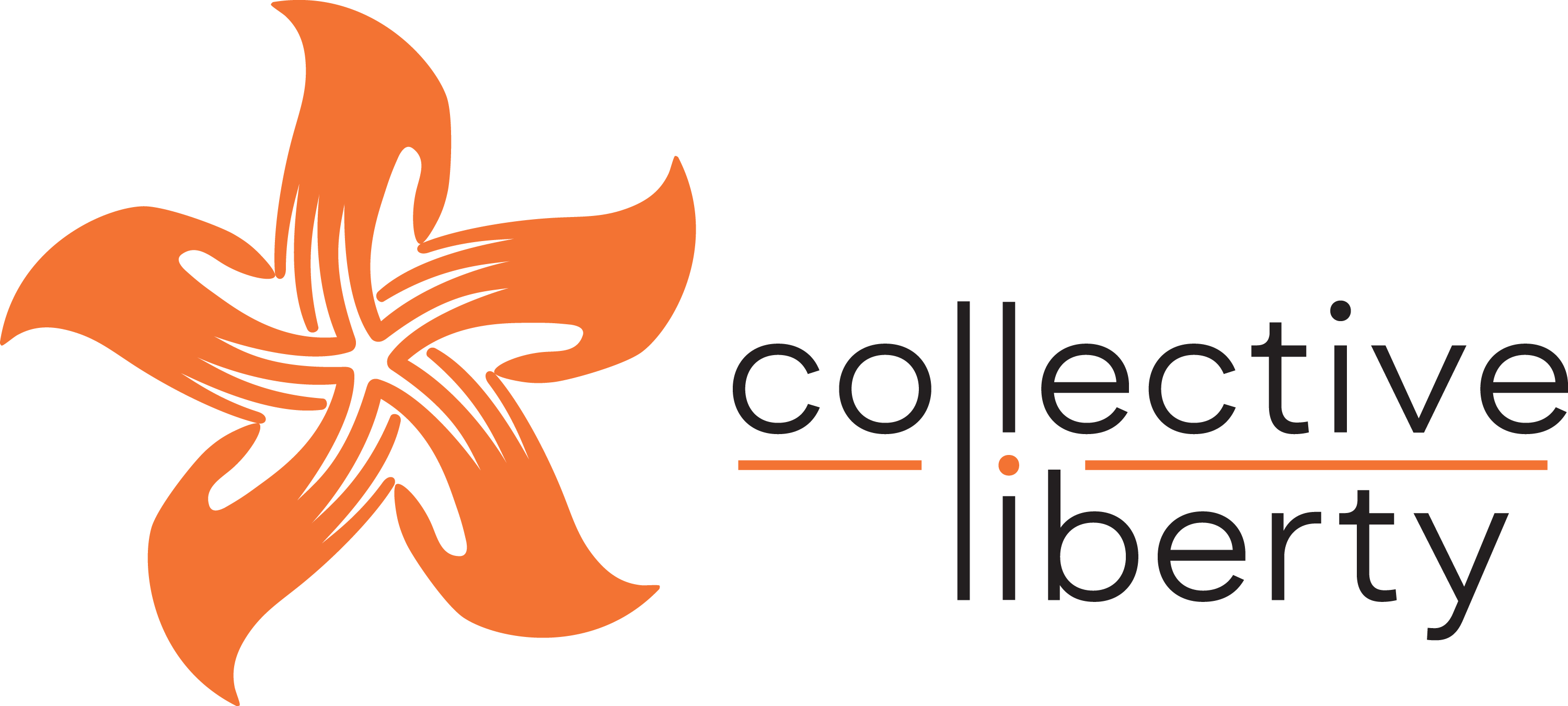The Collective Liberty model involves four main action areas:
1. Breaking Down Silos. We work to increase trust and create space for collaboration through multidisciplinary and multi-jurisdiction trainings, serving as objective facilitators and trainers. For example: We’ve trained over 2,500 law enforcement officers, partnering with expert officers in the field to ground our data and best practices in their daily reality. We’ve trained over 3,000 AML professionals, empowering them to use cutting edge technology and actionable data to inform their internal detection and investigation practices to help end human trafficking.
2. Elevating Local Heroes. We identify and connect people who want to work together towards disrupting trafficking networks – ensuring they are operating in culturally-nuanced, victim-informed ways. No individual city or actor should be reinventing the wheel alone – we connect similarly situated disruption actors to one another, to collaborate, share resources, and learn from one another. Simultaneously, we support their adoption of best practices across jurisdictions.
3. Thinking Outside the Box. We work to bring in groups that have historically not been considered major change-makers in the fight against trafficking (like civil code enforcement and health inspectors, hotel front desk staff, bank tellers, and airline ticketing agents, to name a few), and we create market disrupting resources and tools that are tailored to produce sustainable results based on survivor voice and the lived experience of the field.
4. Challenging the Narrative. We seek to help the public gain a more nuanced understanding of the different types of trafficking and counter false or sensationalized narratives in media and entertainment that legitimize behaviors and views that contribute to trafficking. This can involve providing concrete, actionable data to newsmedia, as well as connecting them to sources with lived-experience on the trafficking stories they’re reporting; or creating media and writing letters to the editor to challenge misleading narratives. We also engage in grassroots mobilizing and digital media around anti-trafficking awareness and information sharing.


